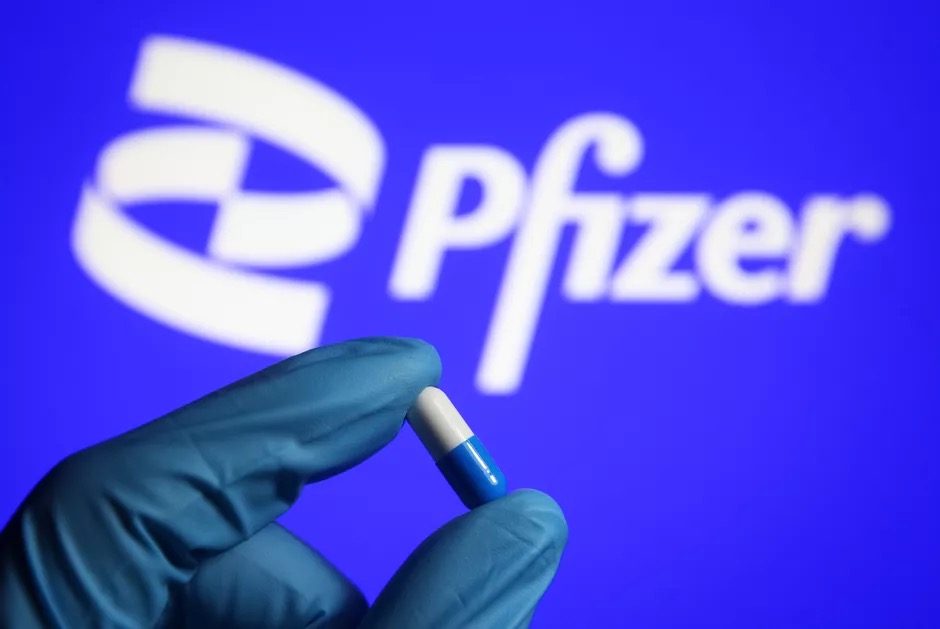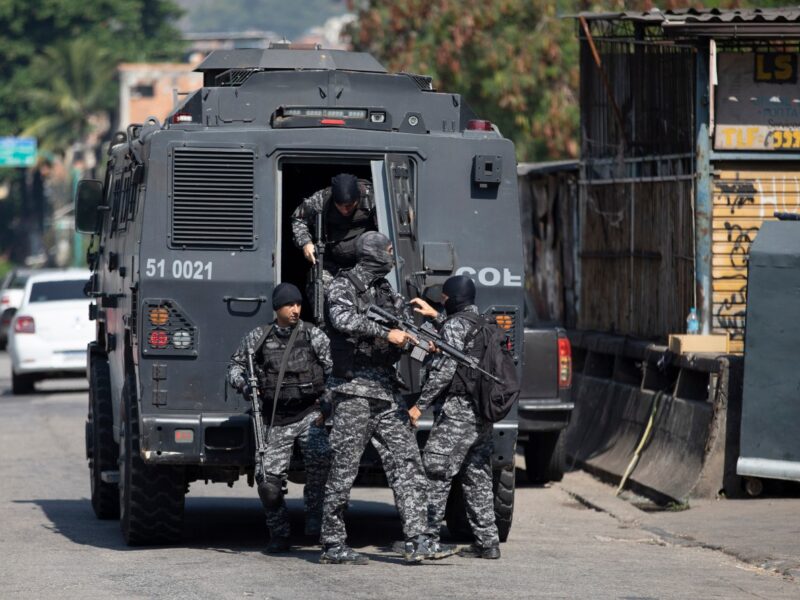Pfizer Seeks Emergency Authorization for Covid-19 Treatment Pill

By Jamari Stanton, Opinions Editor
Pfizer submitted its application to the Food and Drug Administration for emergency authorization of its antiviral Covid-19 pill, on Tuesday, November 16. At a time when Covid-19 is ravaging the world, this drug could revolutionize the fight.
The pill, Paxlovid, could be available within weeks if authorized and would be sold in pharmacies to be taken at home. Taken within three days of the onset of symptoms, this will ease the strain on medical staff and resources by eliminating the need for many medical visits.
Paxlovid, taken along with ritonavir, an HIV drug, reduced hospitalization or death by 89% in a clinical trial of high-risk unvaccinated adult volunteers. If approved, two 150 mg tablets of Paxlovid will be taken with one 100 mg ritonavir tablet twice a day. The drugs work by blocking the activity of an enzyme needed by the virus to replicate.
Although Pfizer awaits federal approval, the Biden administration plans to invest $5 billion to purchase enough Paxlovid to treat 10 million people. Although the initial plan was to buy 5 million courses, President Joe Biden advised officials to double the quantity following the release of research showing Paxlovid’s efficacy. The Biden administration is planning to purchase supplies of Merck’s Covid-19 pill, molnupiravar, which is currently awaiting FDA emergency authorization.
Like the vaccine, the demand for the pill will initially outweigh the supply. Despite Biden’s hefty order, Pfizer can only produce 180,000 courses of the pills before the year ends but expects to increase production to at least 50 million courses next year. Aside from the US, Australia and Britain have already secured portions of the supply.
Pfizer signed a licensing agreement with Medicines Patent Pool, an UN-backed public health organization, allowing generic drug companies to manufacture the pill and supply 95 middle- and low-income countries, covering over half of the world’s population. Pfizer will forego royalties on sales in low-income countries as well as royalties in all countries covered by the agreement until the World Health Organization no longer deems Covid-19 a Public Health Emergency of International Concern.
Pfizer’s agreement with MPP is sure to garner global praise and will provide time for Pfizer to further analyze Paxlovid’s effects. Motivations aside, Paxlovid will be key in limiting the spread of Covid-19 in low-income countries where Pfizer’s vaccine could not be easily stored and distributed.
“We believe oral antiviral treatments can play a vital role in reducing the severity of Covid-19 infections, decreasing the strain on our healthcare systems and saving lives,” said Albert Bourla, Pfizer’s Chairman and CEO. “We must work to ensure that all people, regardless of where they live or their circumstances, have access to these breakthroughs, and we are pleased to be able to work with MPP to further our commitment to equity.”
Although this agreement will not affect Pfizer’s supply of Paxlovid because it enables the production of generic substitutes, the pill may push generic producers to divert their efforts and meet the demands of the developed world. Greed and opportunity often push the needs of the most vulnerable populations to the periphery.





